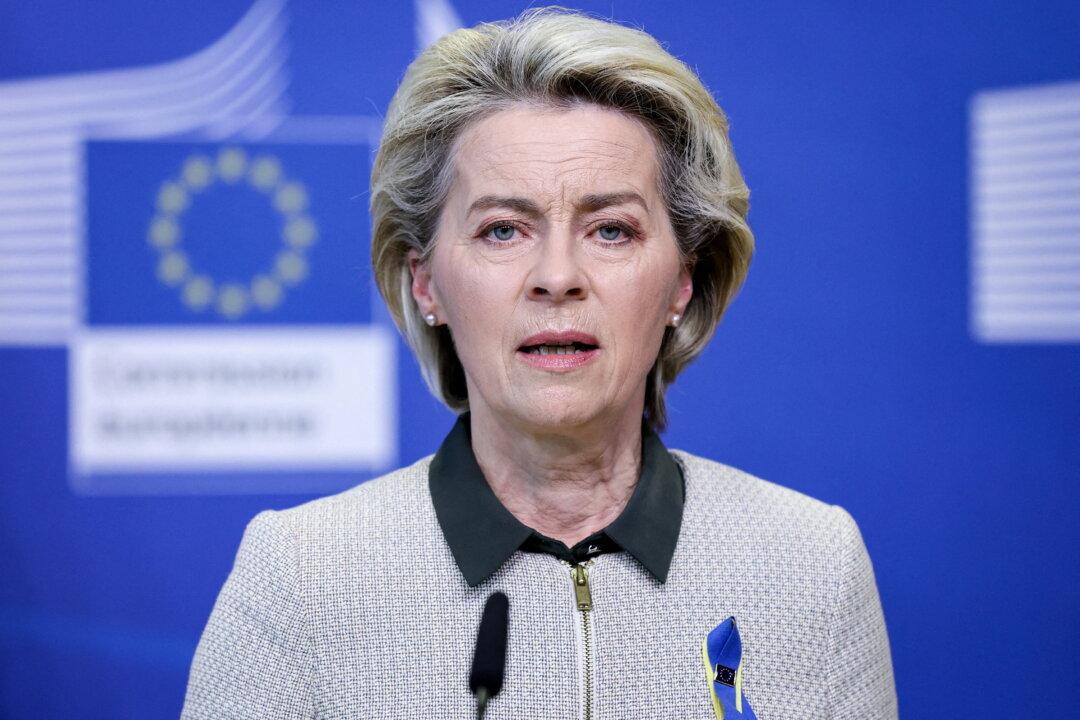BRUSSELS—The European Union will distribute 500 million euros ($550 million) to help farmers and allow them to grow crops on fallow land to mitigate food price spikes and potential shortages resulting from Russia’s war in Ukraine.
Published on Wednesday, the proposals by the EU’s executive European Commission also include assistance to Ukraine to help its farmers sow corn and sunflower seeds and tend to wheat.





